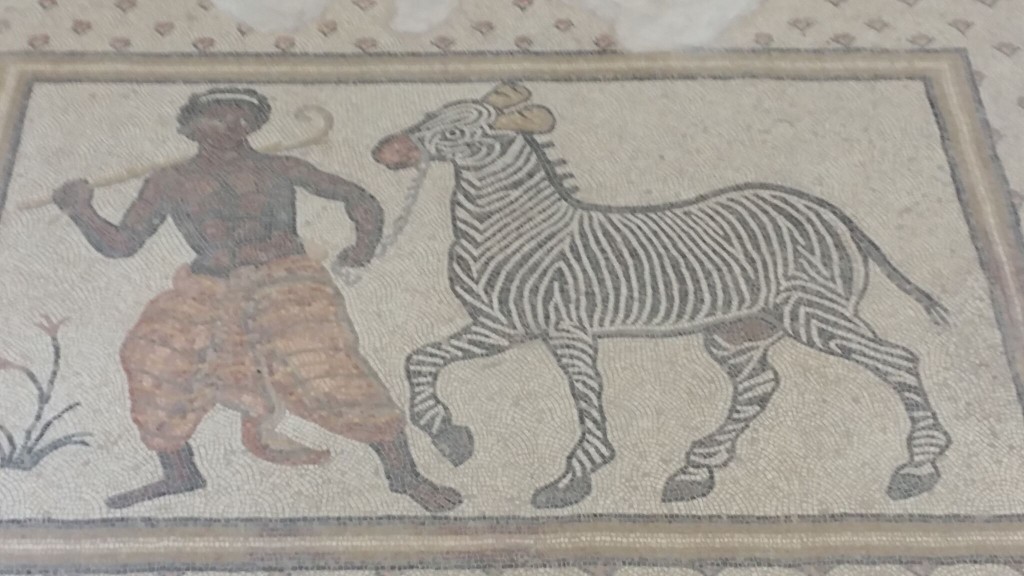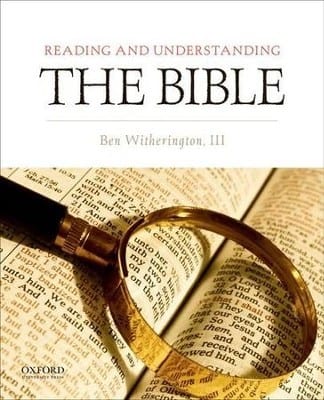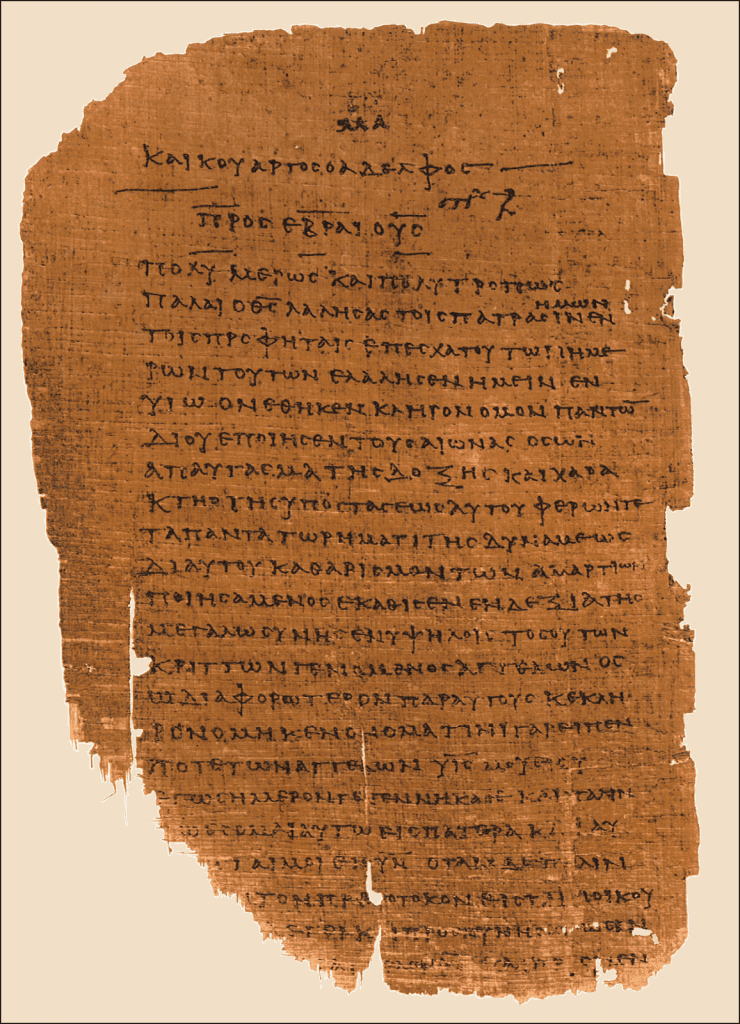Kentucky has a problem, and it’s not just a problem in this state. It’s in fact an endemic problem throughout America, but some places are worse than others. Particularly in my own portion of the country, the South, it is a huge, one could say weighty, one could say obese problem. For the record, I’m not talking about people who have inherited problems that they have to fight their entire lives to stay reasonably fit. I’m talking about diet and... Read more

















